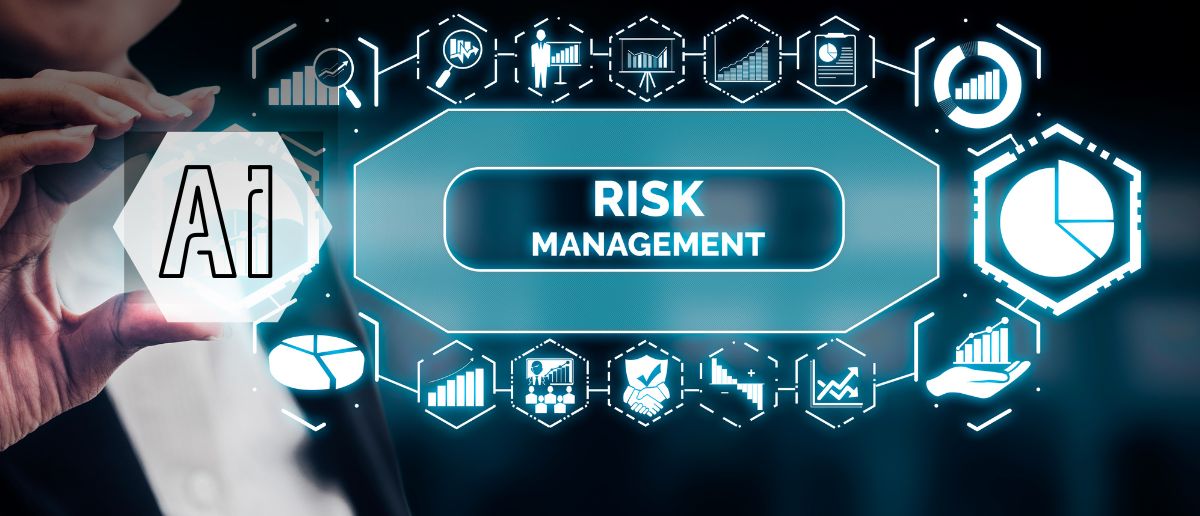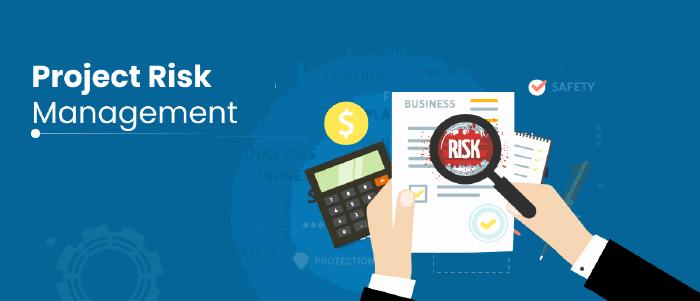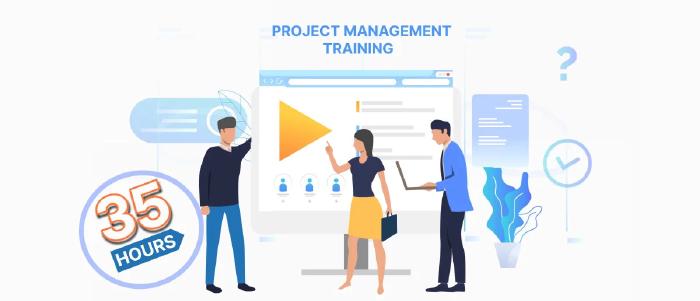
July 18 2023
6 min read

Jun
Bots and humans are cohabiting. The world of artificial intelligence (AI) needs both to function in harmony. What does that mean for project managers?
AI in risk management is a game-changer because Machine learning (ML) algorithms are getting smarter. And so are project managers who know how to leverage AI and ML in managing risks for complex projects.
In PWC’s recent survey, 85% of CEOs agreed AI can potentially transform businesses.
This blog will uncover the potential of AI in risk management. Project managers, experienced and aspiring, read on.
Too many project managers focus on the iron triangle of time, cost, and scope, even at the expense of people and risk management. Here’s how AI shifts the focus to prioritizing and managing risks.
AI-powered tools can relieve project managers of repetitive administrative duties and free up their time for more complex activities and planning. When AI automates routine tasks like scheduling meetings, daily updates, and reminders, managers can prioritize strategies to mitigate risks.
As AI and ML take over more project activities, the chances of human errors are reduced. This leads to lower risks.
The proper set of Artificial Intelligence and Machine Learning tools can churn results faster than humans. If they are assigned regular repetitive tasks, integrating top AI software in project management can broaden visibility across projects and detect errors and risks early.
Predictive analytics has proven groundbreaking for AI in risk management. It uses data and results from past projects to determine the best route to minimize risks.
As the name suggests, predictive analytics can technically “predict” your project’s future based on historical data. With actionable data pointing to “what worked” and “what did not work,” AI can eliminate thousands of trials and errors.
The best AI tools can alert you if the project is running into risks and save loss of time and money. Predictive analytics greatly benefits sales teams with improved revenue and better lead conversions.
Sorting through heaps of unstructured data from various sources is time and resource-intensive. In addition to automating this task for you, machine learning algorithms can glean actionable insights from these raw data.
AI and ML tools can uncover connections in data that may miss the hawk eyes of your top experts. Here’s how:
Structuring raw data
Finding patterns
Reporting inconsistencies
This helps extract valuable insights from the clutter and transform them into results that project managers can utilize to mitigate project risks.
Once you’re done structuring raw data, figure out what those data indicate. If your AI tools suggest that the project is going off track, you need to take a step back, examine the issue, and take remediation measures.
In such scenarios, your AI solutions may also suggest training for your team members based on their current skill set and the project requirements.
The best machine learning models, along with tracking software, can provide relevant insights for efficient analysis and better forecasts of the project’s outcome.
Along the course of execution, projects often grow complex. Roadblocks may arise even if you have mapped your resources to particular tasks. Your team members may need help navigating unforeseen challenges and might struggle to perform up to their potential.
Artificial intelligence tools and solutions can carry out unbiased priority checks and make resource allocation easier. Based on the data from earlier projects, AI can help project managers identify areas with adequate resources and those needing attention.
AI algorithms enable project managers to monitor thousands of activities at a granular level. Down the line of execution, this provides a holistic view of the project teams and their activities.
That’s the level of precision AI provides in project risk management. The combination of machine learning and advanced simulation helps project managers improve the assessment and mitigation of risk.
AI and ML-powered tools provide a complete credit review and risk analysis of vendors and recommend suitable suppliers to project managers. This helps reduce risks and allows you to manage project budgets well.
Managers can look into past projects’ results using advanced data analytics and avoid cost overrun risks.
Project managers often handle volumes of sensitive data that risk exposure to external threats due to system vulnerabilities. The cognitive analytics and predictive tools offered by AI help organizations take a preventive risk stance. Natural Language Processing and machine learning capabilities help identify indicators of risks in these data sets.
As the machine learning models continue to train and learn, they start detecting complex patterns that indicate risks and usually escape the human eye.
Project leads, and managers utilizing cognitive technologies offered by AI in project risk management gain a competitive edge and can improve project results.
An increasing number of global majors are stopping project risks using AI and ML tools. Here are a few examples:
McKinsey & Company utilizes AI in its project risk management consulting services. Their AI-driven tools with predictive analytics help identify, analyze, and eliminate risks and enhance project risk management.
Deloitte incorporates AI in most of its project risk management services. They run AI algorithms and use analytics to analyze project data, detect risks, and formulate effective risk mitigation strategies.
IBM’s Watson Project Manager, a risk management solution, has transformed risk mitigation with advanced AI and ML models. These help analyze data, pinpoint risks, and provide recommendations.
Oracle’s project management software suite, Oracle Primavera, has AI capabilities that facilitate the following:
Forecasting
Risk assessment
Real-time insights
Shell’s AI-powered risk management tool, Predictive Risk Intelligence (PRI), uses Machine Learning algorithms to:
Analyze historical data
Identify and report risks
Forecast potential risks in real time
Artificial Intelligence has made inroads into several industries and is here to stay. Moreover, project managers need to keep abreast of the latest AI technology and upskill themselves.
Join thousands of professionals benefiting from Edbrick’s project management training programs like (PMP)®, PRINCE2® & more. Speak to our experts today.

July 18 2023
6 min read

September 25 2023
7 min read

September 5 2023
8 min read

August 9 2023
4 min read